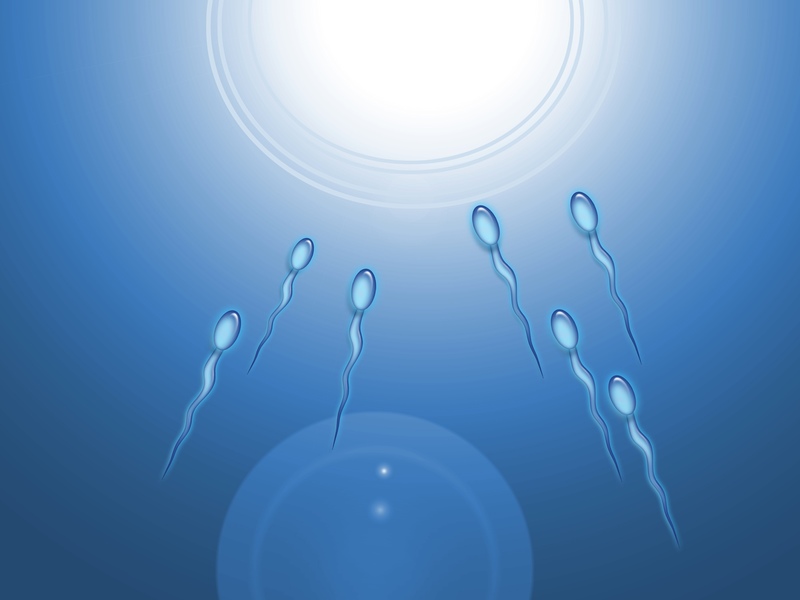
FRIDAY, April 22 (HealthDay News) — Most children born with HIV infection now survive into adulthood, a markedly different prognosis from the near-certain death that awaited HIV-infected babies years ago, researchers report.
Researchers are tracking children with HIV, the AIDS-causing virus, to better understand the effects of treatment and identify possible complications.
“About two thirds of these kids, at this point, don’t have virus detectable in the blood,” Tulane University infectious diseases expert Dr. Russell Van Dyke said in a university news release. “While they are still infected and they are not cured, it’s surprising how well they’re doing, considering what they’ve been through.”
However, with longer survival, new issues arise. “We’re not seeing the deaths we used to see due to infections, but we’re starting to worry about longer-term complications,” Van Dyke said. “Some of these complications may be related to the HIV itself, or some may be related to the medications these kids are on.”
The complications include coronary artery disease and cognitive problems. Still, Van Dyke said the patients in the study should have normal life spans or at least near-normal. That’s a sign that HIV/AIDS is becoming a chronic disease, not an always-deadly one.
“These kids are doing very well,” Van Dyke said. “They’re going to school and doing all of the things that kids should do. Hopefully, they will be living 50 or 60 years or more, so what’s going to happen 40 years from now is the real concern.”
Because of medical advances, HIV transmission from pregnant mother to infant has decreased considerably, Van Dyke added.
The study was published in the Journal of Acquired Immune Deficiency Syndromes.
More information
For more about AIDS, visit the U.S. National Library of Medicine.

